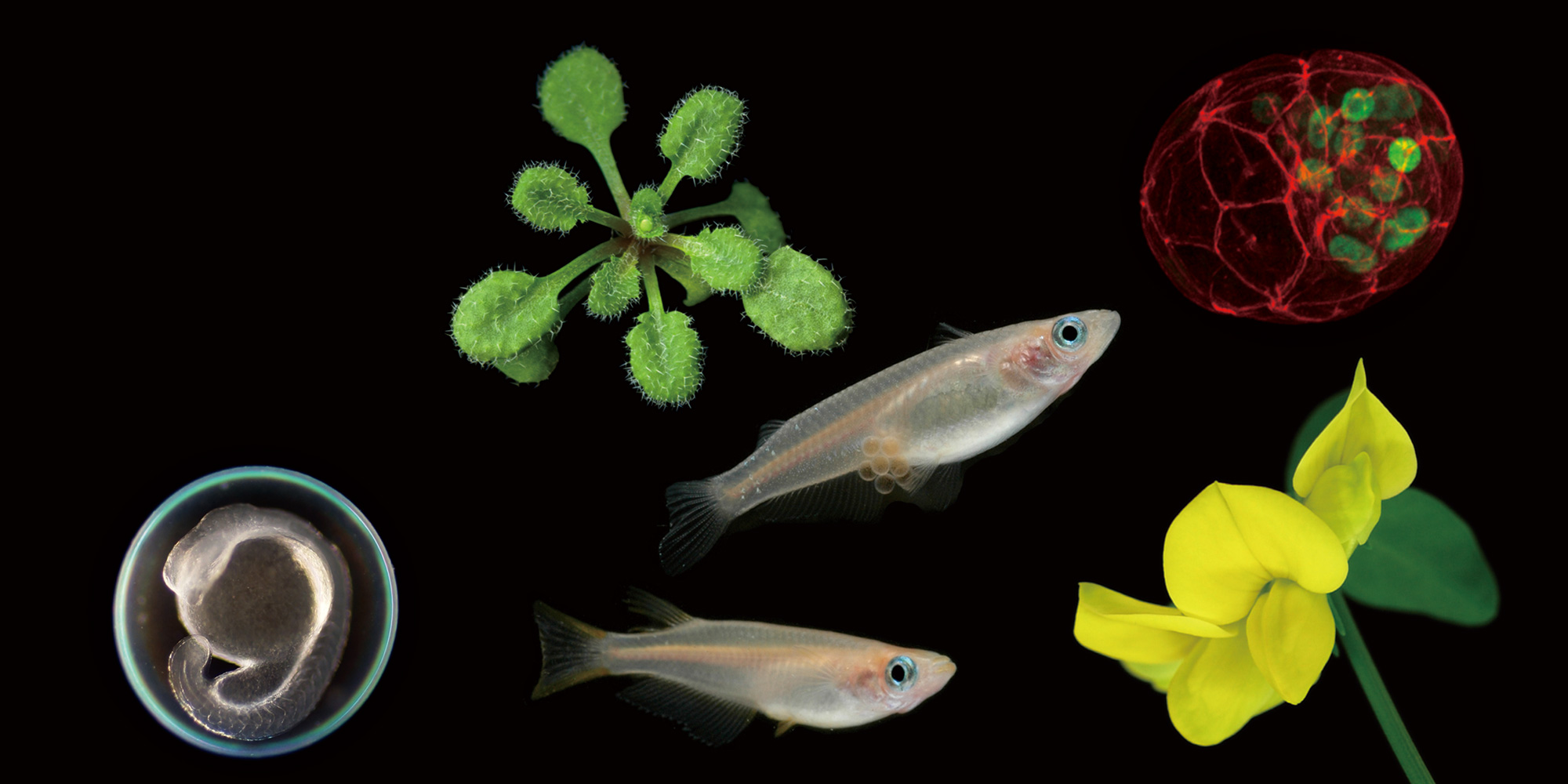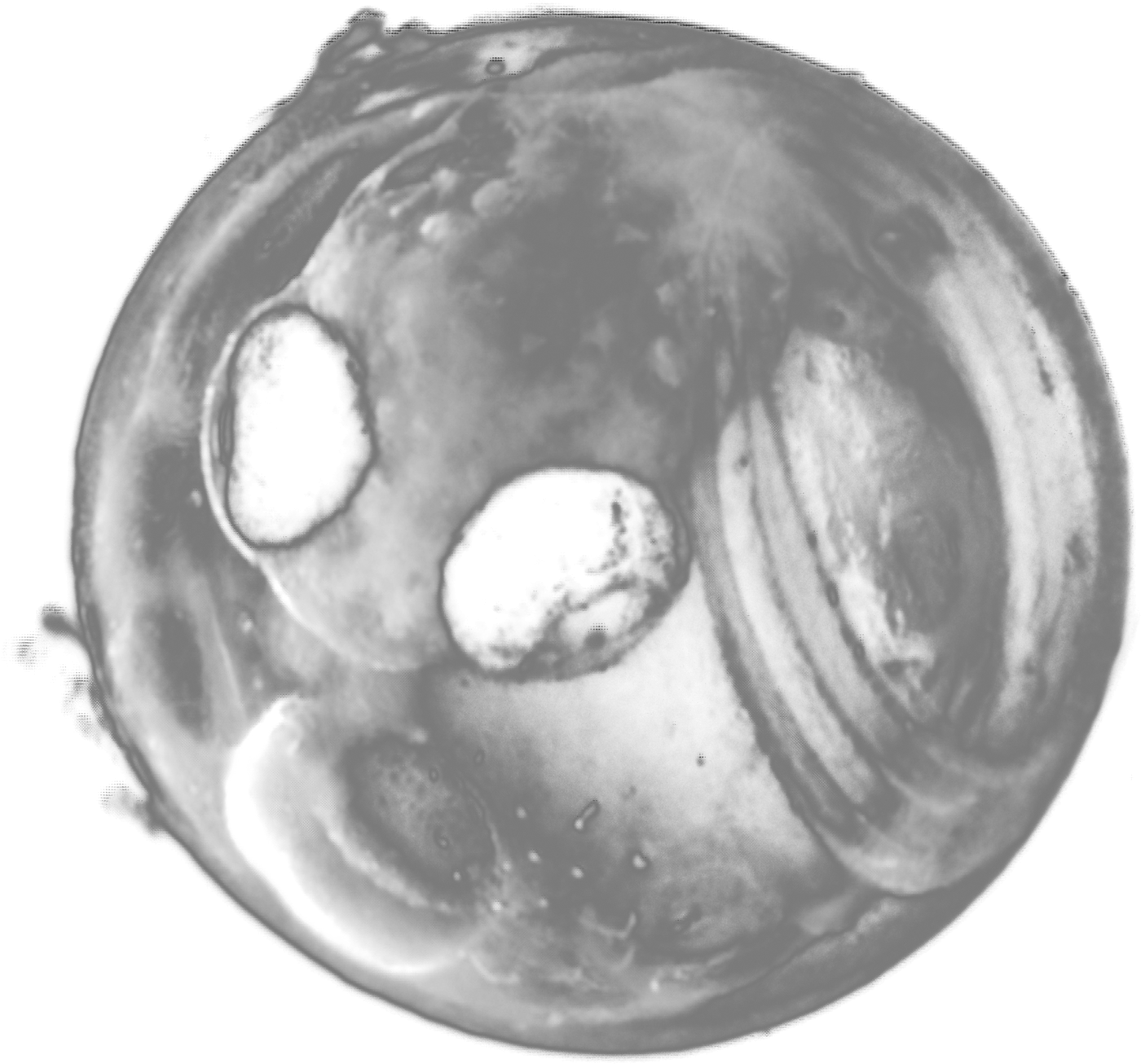2009.07.02 ERATOセミナー
Regulation of the chromatin status in Arabidopsis
Dr. Jong-Myong KIM 理化学研究所 植物科学研究センター
2009年07月02日(木) 11:00 より 12:00 まで
明大寺地区1階会議室(111)
ERATO長谷部分化全能性進化プロジェクト 榊原恵子 内線7600
Post-translational modifications of histone N-tail affect chromatin activity. In plants, there is little information on changes in chromatin status under environmental stress conditions. I will talk about the two topics in this seminar.
1) The transcription dynamically responds to abiotic stresses in plants. We determined chromatin status on the drought stress-inducible genes by ChIP analysis. There were two types of regulatory mechanisms of nucleosome occupancy. Histone modifications in histone H3 N-tail correlate with gene activation. H3K4me3 was enriched after RNA pol II accumulation on the rapid-responsive genes. Our results indicate that the chromatin status is altered in response to environmental stress in Arabidopsis.
2) Histone deacetylase 6 (HDA6) affects gene silencing and heterochromatin formation, with DNA methylation and siRNA in Arabidopsis. We identified the genes that were up-regulated and hyper-acetylated in hda6 mutant by tiling-array-based transcriptome and ChIP-chip analyses. Interestingly, some type of transposable elements, located in centromere regions were highly acetylated and expressed in hda6 mutant. HDA6 may function to maintain the chromatin structure of centromere via gene silencing.
I would like to discuss the chromatin status in Arabidopsis.
Reference:
Alterations of lysine modifications on the histone H3 N-tail under drought stress conditions in Arabidopsis thaliana.
Kim, J.M. et al., Plant Cell Physiol. (2008) 49(10):1580-8.







